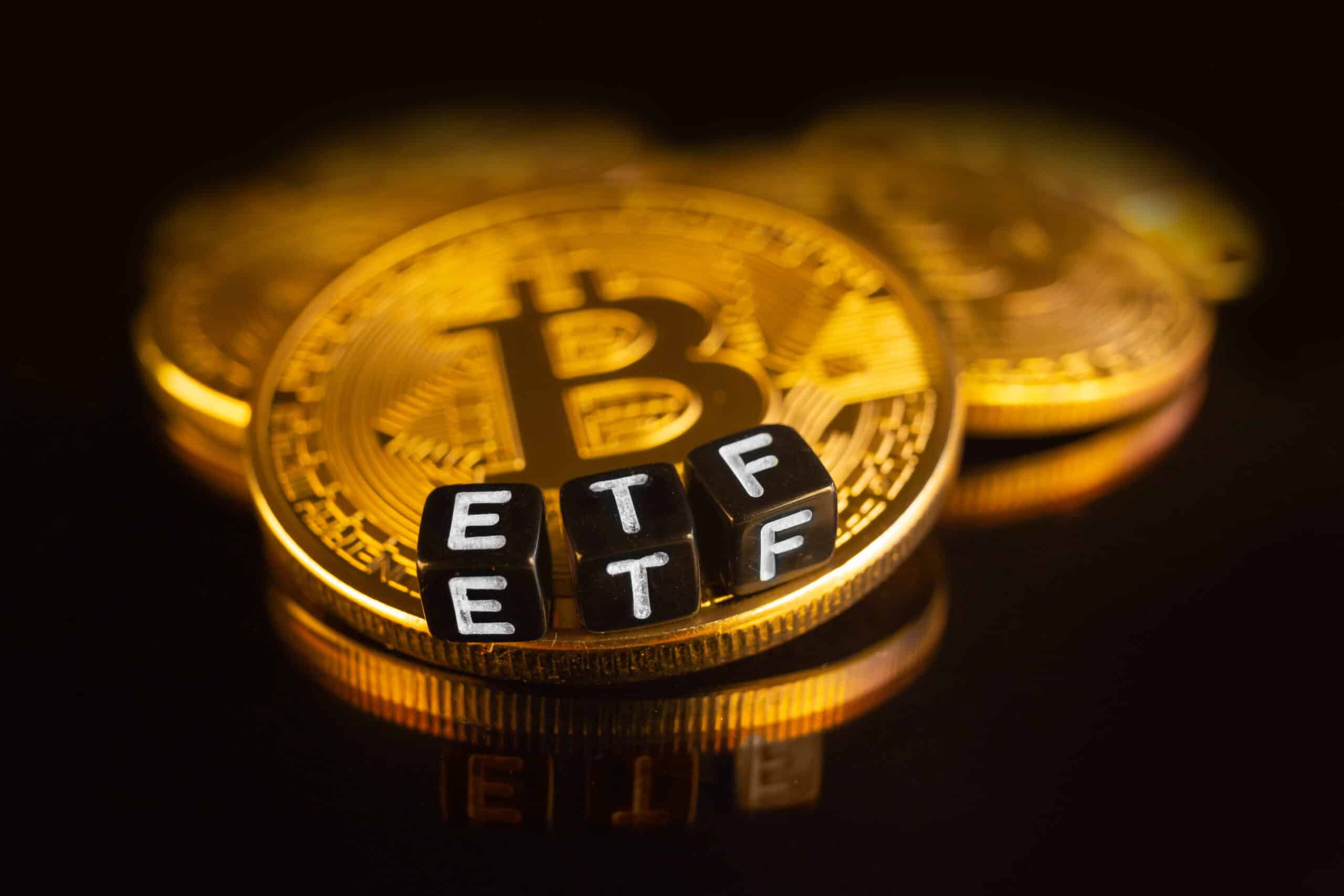Several major financial institutions are vying for a share in the potentially lucrative spot bitcoin exchange-traded fund (ETF) market in the United States. As the Securities and Exchange Commission (SEC) deliberates on the approval of these ETFs, firms like BlackRock, Fidelity, Ark/21Shares, and VanEck have unveiled their fee strategies, sparking a competitive battle to attract investors.
One of the most aggressive contenders in this intensified Bitcoin ETF fee war is now Bitwise, which has set an aggressive tone by offering a fee of 0.24%, according to Bloomberg analyst James Seyffart. Additionally, they are waiving this fee for the initial six months or until the fund reaches $1 billion in assets.
Similarly, Ark/21Shares has proposed a zero-fee structure for the first six months or until their fund accumulates $1 billion in assets. Following the promotional period, their fee will adjust to 0.25%, close to the lowest among the major competitors in the market. This marks a considerable drop from their previously suggested fee of 0.8%.
Meanwhile, BlackRock on Monday proposed a fee of 0.2% for the initial 12 months or until its fund reaches $5 billion in assets, after which the fee will increase to 0.3%. This proposal is notably lower than earlier industry predictions and positions BlackRock as a strong contender in the market.
“This is much cheaper than I predicted. Life just got a LOT tougher for everyone else. The ETF Terrordome is no joke,” said Eric Balchunas, ETF analyst at Bloomberg, on X.
Similarly, Fidelity has set its fee at 0.39%, and the Invesco/Galaxy collaboration is offering a fee waiver for the first six months or until the first $5 billion in assets, after which a 0.59% fee will be applied.
VanEck, which will also donate 5% of its ETF profits to Bitcoin development, has chosen a different approach, offering a fixed fee of 0.25% from the outset. This rate will be one of the lowest once temporary promotional fees from other ETFs expire.
Read more: Deciding on Bitcoin: Should New Investors Jump In Now or Wait for an ETF?
Key Differentiating Factors
The fee war among ETF providers underscores the high stakes in the burgeoning crypto ETF market. With potentially 14 ETFs set to list in the U.S., there are several differentiating factors that are crucial for attracting initial investment, and fees are only one of them.
Spencer Bogart, a partner at venture capital firm Blockchain Capital and a former ETF analyst, told Unchained last week that distribution is the most critical element. The success of an ETF hinges on its availability on platforms used by Registered Investment Advisors (RIAs), as these are the primary channels through which a significant asset base for these products will likely be established.
Additionally, recognizable and trusted brands tend to attract financial advisors and investors, offering a sense of security based on their history and reputation. And liquidity, especially at the time of launch, is essential for the effective trading of the ETF in the open market. While competitive fee structures are important, especially when all products hold the same underlying asset, Bogart argued that the ultimate success of Bitcoin ETFs will depend on a well-rounded approach that includes effective distribution, strong branding, sufficient liquidity, and attractive fees.
The market has responded positively to the latest developments, with Bitcoin’s price surpassing the $45,000 mark, a 2.6% increase in the last 24 hours.



